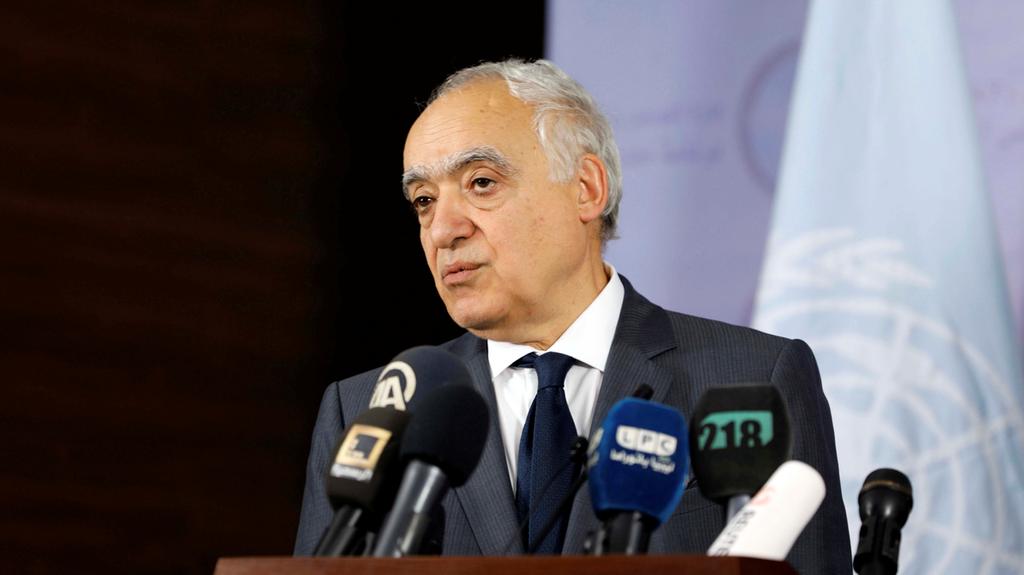Cairo- Libyan parliamentary and academic figures expressed “a conditional welcome” to the Libyan “roadmap,” which was presented by United Nations Envoy to Libya Ghassan Salameh before the UN General Assembly in New York, pointing out that the success of this plan is linked to the compliance of the dialogue committees to amend the political agreement without objections.
Salameh outlined an action plan of three phases to resolve the crisis in the country. The first phase will start next week and will include amending the political agreement, which was signed in Skhirat in December 2015.
The second phase is a national conference held under the auspices of the United Nations and which will bring together the “marginalized actors” of the Libyan scene in order to launch a dialogue with armed groups in order to integrate their members into the political process.
The third phase, according to the roadmap, is to hold a referendum to adopt a new constitution within a year, which will pave the way to general presidential and parliamentary elections.
Member of the Libyan parliament’s dialogue committee, Issa al-Oreibi, welcomed the UN roadmap and told Asharq Al-Awsat: “We have to take advantage of this opportunity to get out of this crisis and enjoy stability in our country.”
“The Skhirat agreement has several points that need to be amended, including article 8, which must be abolished to unite the army,” Oreibi added.
“The plan included expanding the participation of all Libyan figures who want to engage in the political and executive process, which is something good,” he added.
“We have prominent political figures in the far east and west, who have been marginalized from political participation, and the day when Libya can benefit from their expertise has come.”
He described the UN roadmap saying that it includes a solution away from using weapons and militias for political purposes.
The majority of the members of the House of Representatives support the UN solution, except for few who have reservations on the second phase of the “plan,” concerning “holding a national conference under the auspices of the United Nations to integrate the untouchable or marginalized actors in Libya.”
Regarding the part, which includes holding talks with armed groups, Oreibi said that the militias in Libya are divided into two groups. The first group are like ISIS, “whom we fought against in Sirte and some other cities,” and the second group are unarmed militias in the far west of the country, “whom we can hold talks with to integrate their members in the political process”.
